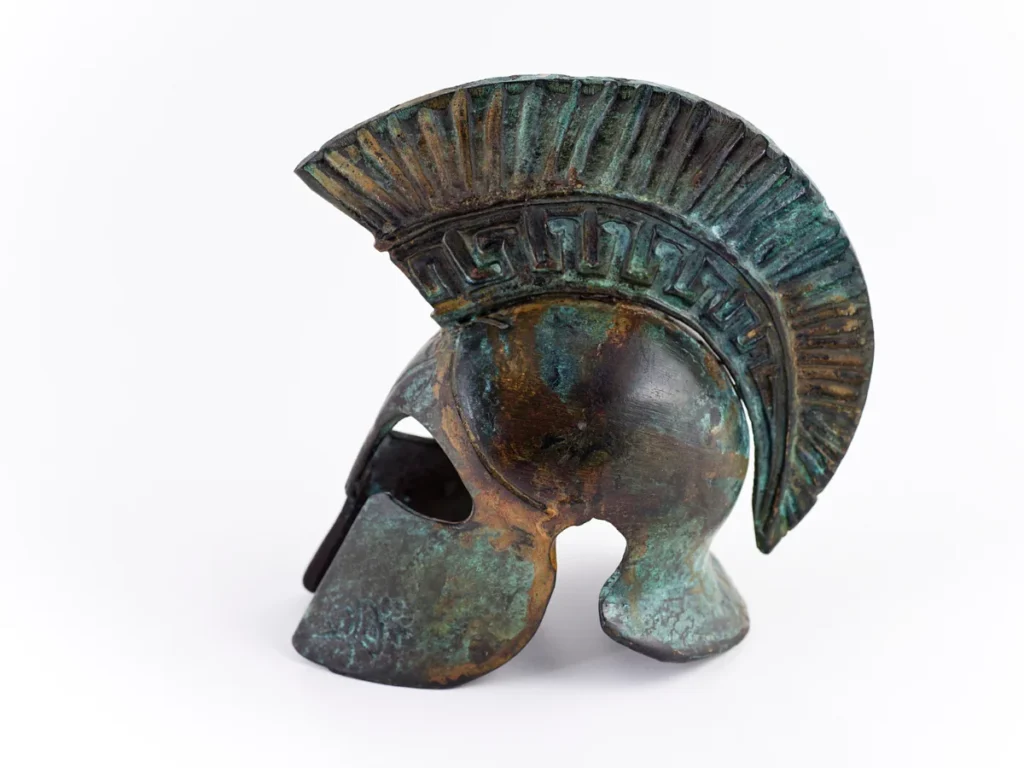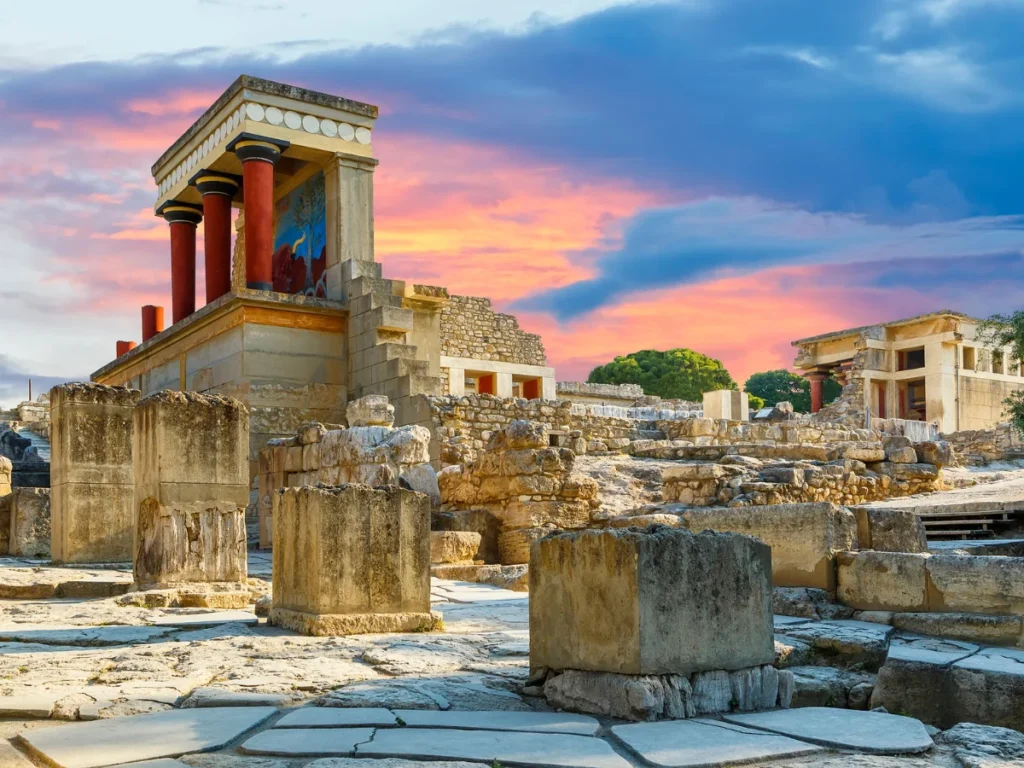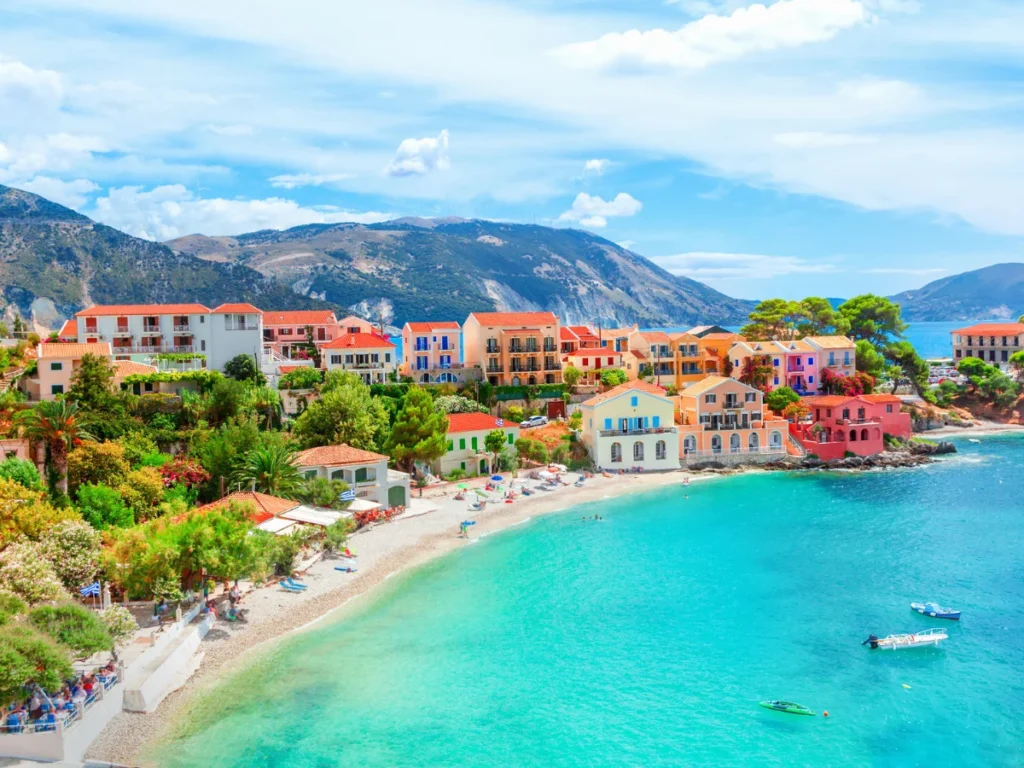Hector of Troy was a central figure in the Trojan War
Hector of Troy was a central figure in the Trojan War, known for his heroic leadership and unwavering commitment to defending his city. As the eldest son of King Priam and Queen Hecuba, Hector’s upbringing within Troy’s royal palace nurtured his qualities of courage and honor. His tragic one-on-one battle with Achilles, the Greek hero, marked a pivotal moment in the war and exemplified his valor. Hector’s legacy endures as a symbol of heroism and devotion in the face of adversity.

The prince, Hector of Troy was a central figure in the Trojan War
Hector’s Childhood
Hector, a central figure in the Trojan War, was born and raised in Troy, a city renowned for its rich history and culture. As the eldest son of King Priam and Queen Hecuba, he enjoyed a privileged childhood within the royal palace. From an early age, Hector displayed qualities of leadership, courage, and honor, which would later define his character on the battlefield.
The Trojan Prince and Warrior
Hector’s military prowess was nurtured through rigorous training and mentorship. He trained under the guidance of his father, King Priam, and the renowned warrior and tutor, Phoenix. His exceptional skill in combat, strategic acumen, and deep sense of responsibility made him one of Troy’s most celebrated and respected warriors.
Hector’s Role in the Trojan War
When the Greeks, led by Agamemnon and Achilles, laid siege to Troy, Hector emerged as the foremost defender of his city. His valor and unwavering commitment to protect his homeland earned him the admiration of both Trojans and Greeks. He was often at the forefront of battles, leading Trojan forces against the relentless Greek onslaught.
The Tragic End of Hector
Hector’s life took a tragic turn during a critical moment in the war. In a one-on-one combat, he faced Achilles, the Greek hero, whose invincibility in battle was legendary. Despite his courage, Hector succumbed to Achilles’ superior strength and skill, leading to his untimely death. His demise marked a significant turning point in the Trojan War and filled Troy with grief.
Hector’s character embodies the noble qualities of a hero, known for his love for family, honor, and dedication to his people. His story continues to be a poignant reminder of the sacrifices made during times of conflict, celebrated for generations in the epic tales of the Trojan War.
More History

Crete
Crete, a prominent ancient Greek island, was the legendary birthplace of Zeus and the center of the Minoan civilization. Its rich history and myths continue to intrigue archaeologists and historians.

Pericles
Pericles, a renowned Athenian statesman, played a pivotal role in the Golden Age of Athens. He championed democracy, promoted the arts, and led Athens during its cultural and political zenith.

Hestia
Hestia, a Greek goddess, personified the hearth, home, and sacred fire. She symbolized warmth, hospitality, and the unity of the family, receiving offerings before all other gods in household rituals.
